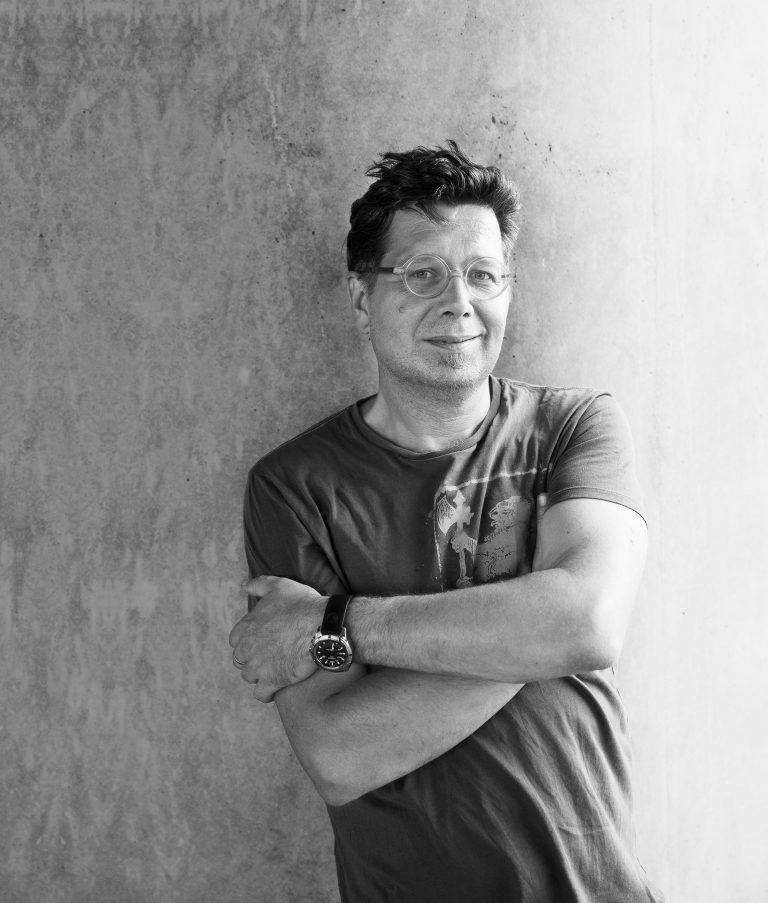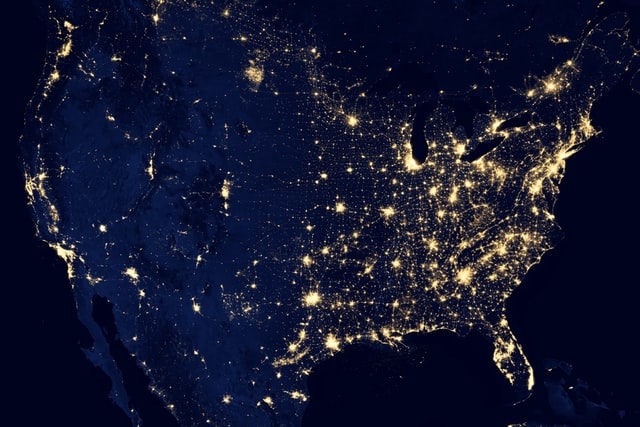The village is everyehere
We’re living in a time of change, a time of technological revolution. I’m not talking about the switch to alternative energy sources, nor the possibilities offered by genetic engineering, but rather about the internet. All of a sudden, you can communicate with people in Papua New Guinea or the Antarctic. Only 30 years ago, making a phone call to these places would have cost a fortune, and letters took an age to arrive. Now we can get information about the weather in East Timor, attend a virtual exhibition in Ushuaia and taste the menu at your favourite Chinese restaurant in Guangzhou. It’s no longer a question of what you’re able to find out, and more about what you want to find out.
The world has moved closer together
The world has moved closer together, with the internet having turned our planet into a village. And how do people react? Let’s take a brief detour to another time of great upheaval – the 16th century. At that time, there was the Copernican Revolution, meaning the sun, and not the earth, was now at the centre of everything. Martin Luther reformed Christianity, America was discovered, science disentangled itself from the grips of the church, alchemy became chemistry, astrology became astronomy. Out of those who believed in the hereafter arose middle class individuals with private property, a biography and childhood, which is why there were harsh penalties for theft and infanticide. And how did society react? With a backlash! They clung on to old values, and an umbrella organisation of all book burners, pyromaniacs and funeral pyre supporters was formed – the Spanish Inquisition.
Something similar is happening in the present in countries that are ruled by religion. But even in western civilisation, the global village has its consequences: patriotism, nationalism, a small town mindset. The world is becoming closer because of the internet, but people are clinging on to borders and distance.
Of course, the World Wide Web is nothing new, even the trees and the mushrooms are communicating, and it’s becoming easier and easier for people to sense when their distant relatives need help. We can now chat with anyone in the world without the need for telepathy, but what about extra-terrestrials?
Some think the cosmos is a consciousness made up of the sum of all thoughts.
There are probably ten thousand other civilisations in our Milky Way alone. The question is simple: where are they? There are billions of galaxies in the universe and more stars than there are grains of sand on earth. Man is insignificant in the context of dimensions in space and time, yet they’ve acquired the brain of a master.
The history of the earth
If we imagine the history of the earth as a road, we can drive around the planet once without meeting another living being. On the second lap, we encounter single-cell organisms that come along for the ride until we reach the Mediterranean. When we then drive up the Danube, there are the first dinosaurs in Romania. Man appears on the third lap just before Vienna. On one side of the city’s Praterbrücke man discovers writing, and on the other side we stand up straight. Our evolution progresses incredibly quickly. Just a few decades ago, there were young women in administrative offices connecting every telephone call, and now we communicate with whoever we want – in our urban village.
The path into space is denied us because of technological limitations, but even these problems will be overcome. It’s quite possible that people will soon be looking beyond the edge of the Milky Way and interacting with other civilisations – even if it’s just for an interplanetary song contest. That may sound utopian, but when you think about it, everything is possible.
Then it’s no longer the earth that’s a village, it’s the entire cosmos – because the village is everywhere.
Read more essays by Franzobel here >>

Franzobel is an Austrian writer. He has published numerous plays, works of prose and poems. His plays have been produced in countries including Mexico, Argentina, Chile, Denmark, France, Poland, Romania, Ukraine, Italy, Russia and the USA.
His great historical adventure novel “Das Floß der Medusa” (Zsolnay publishing house) was awarded the Bayerischer Buchpreis (Bavarian Book Award) 2017 and was on the shortlist for the German Book Prize 2017.
Photo: Dirk Skiba








